The University of Maryland Center for Environmental Science’s Horn Point Laboratory invites the public to its annual free Open House on Saturday, October 12, 2024, from 11 a.m. to 4 p.m.
This 2024 Open House theme is “Treasure Your Bay.” Visitors will have the opportunity to explore the many reasons to treasure the Chesapeake Bay, including the marine and human life it supports. Horn Point Laboratory’s team of scientists will share their research through fun, interactive exhibits and activities for all ages.
“Longtime residents, newcomers, visitors, all have reasons to treasure the Bay–and can play a part in supporting its health,” said Horn Point Laboratory Director Mike Sieracki. “Open House is a chance for those of all ages to join our scientists to explore the latest research, and the continuing mysteries, of the Bay we all treasure.”
Visitors will explore the world of marine science through hands-on exhibits created and staffed by the lab’s faculty and students. Exhibit topics include a phytoplankton zoo, digital sandbox, physical oceanography instruments, coral defense, water filtering, and DNA extraction.
Along with the hands-on science exhibits, there will be additional activities including a tour of the largest oyster hatchery on the East Coast, bay-themed crafts, games, and food vendors. Children who complete the open house scavenger hunt will receive a free t-shirt.
The Horn Point Open House is free and fun for all ages, and takes place rain or shine. Comfortable shoes are recommended for walking around the campus. An on-campus shuttle will also run throughout the day. Horn Point Laboratory campus is located at 2020 Horns Point Road off Route 343 outside of Cambridge, Maryland.
For more information, visit umces.edu/events/annual-open-house or contact Claire Otterbein at [email protected].
UNIVERSITY OF MARYLAND CENTER FOR ENVIRONMENTAL SCIENCE
Guiding our state, nation, and world toward a more sustainable future
The University of Maryland Center for Environmental Science (UMCES) is a leading research and educational institution working to understand and manage the world’s resources. From a network of laboratories spanning from the Allegheny Mountains to the Atlantic Ocean, UMCES scientists provide sound advice to help state and national leaders manage the environment and prepare future scientists to meet the global challenges of the 21st century.
HORN POINT LABORATORY
Understanding of the world’s estuarine and ocean ecosystems through a research program in oceanography, water quality, restoration of sea grasses, marshes and shellfish.
The Horn Point Laboratory, located on more than 800 acres on the banks of the Choptank River on Maryland’s Eastern Shore, has advanced society’s understanding of the world’s estuarine and ocean ecosystems. Horn Point scientists are widely respected for their interdisciplinary programs in oceanography, water quality, restoration of sea grasses, marshes and shellfish and for expertise in ecosystem modeling. With ongoing research programs spanning from the estuarine waters of the Chesapeake Bay to the open waters of the world’s oceans, Horn Point is a national leader in applying environmental research and discovery to solve society’s most pressing environmental problems.



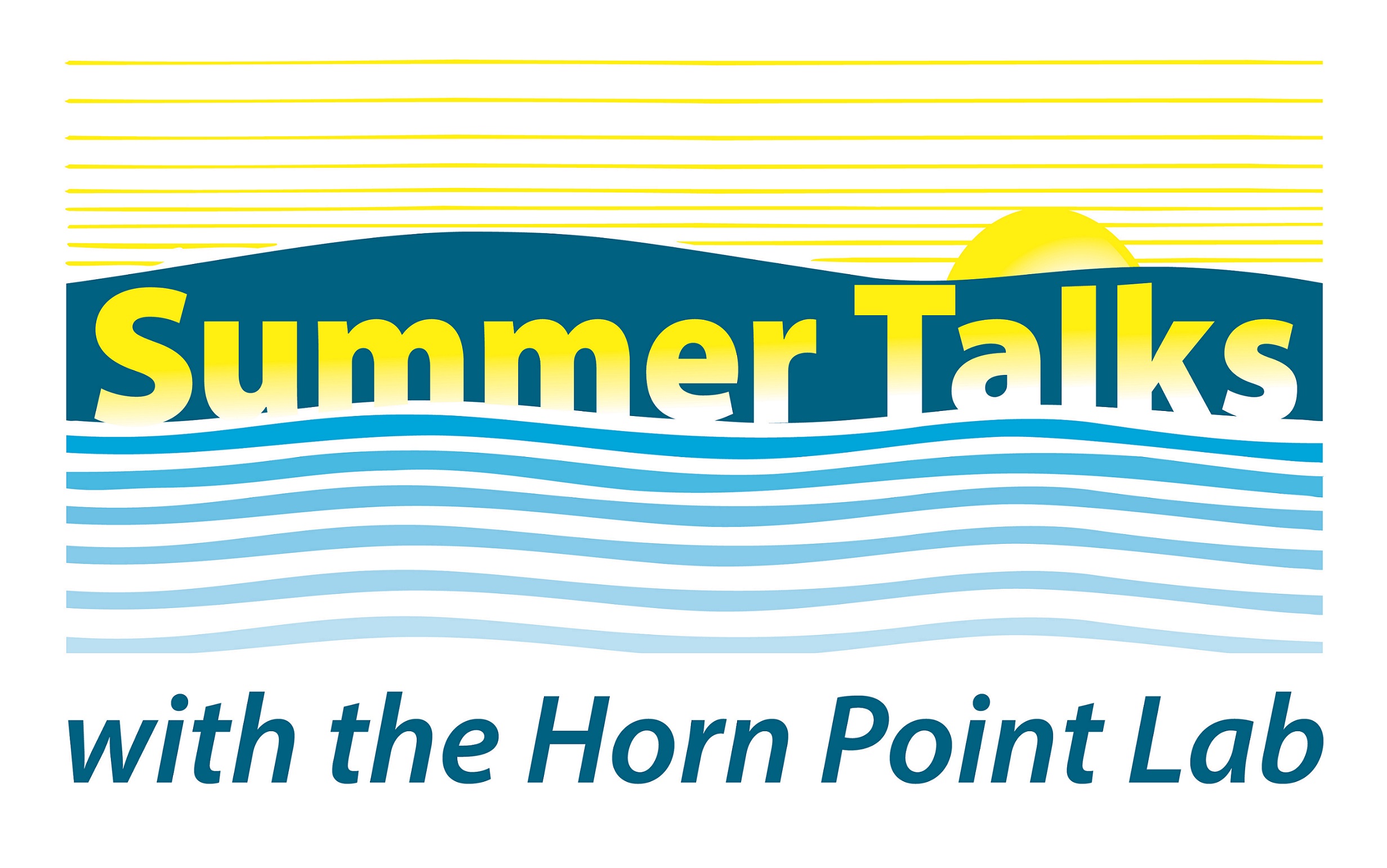 Summer Talks and faculty members include:
Summer Talks and faculty members include: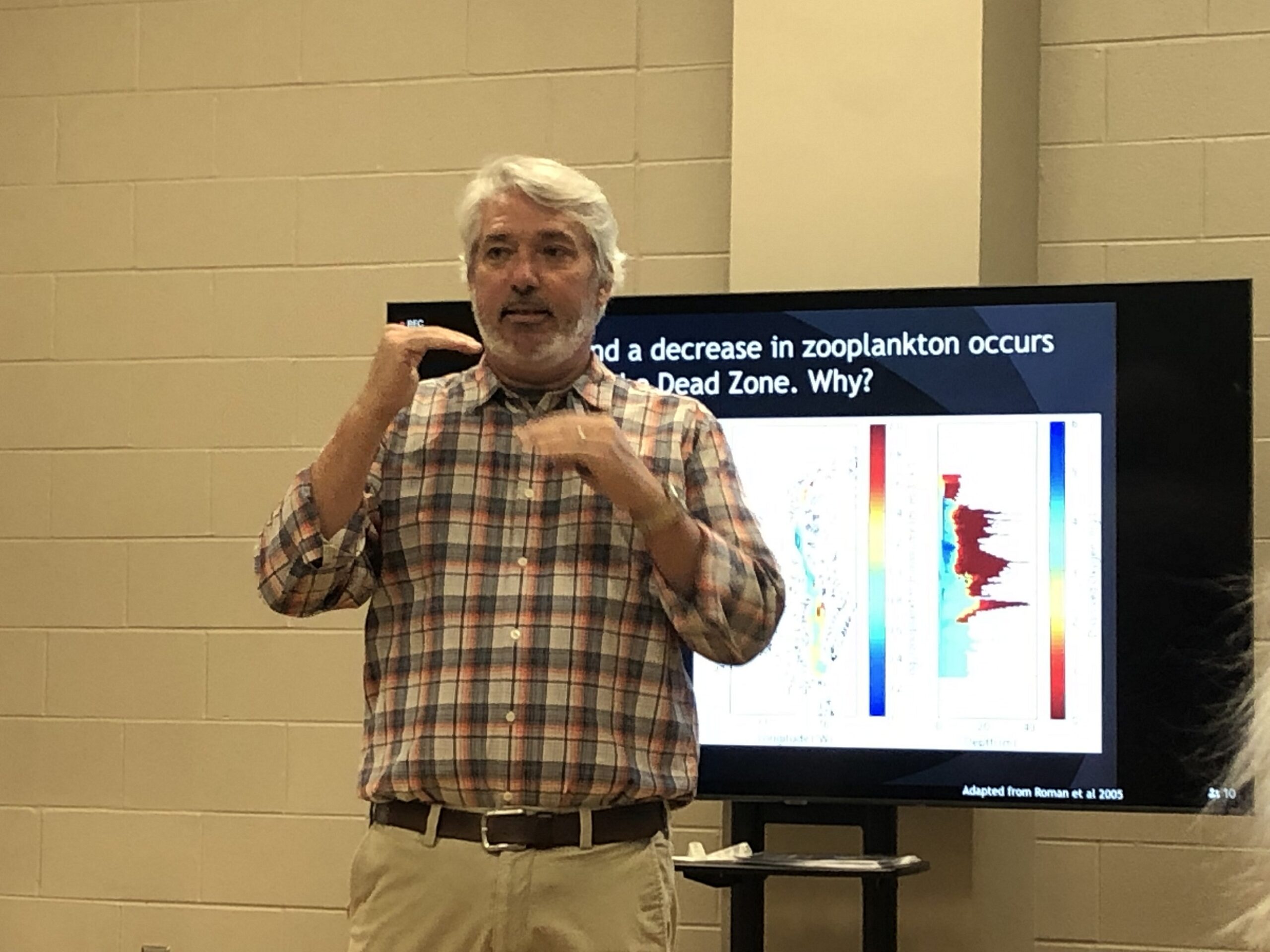
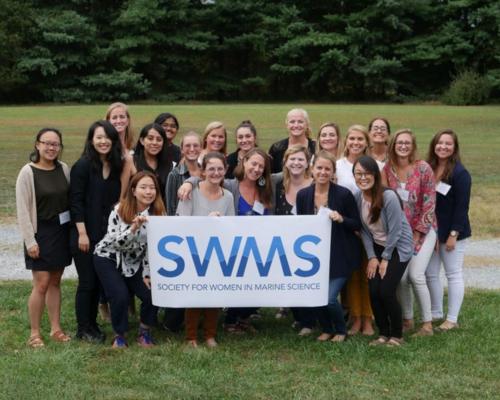 To learn more and register for the Science Saturday Workshop visit,
To learn more and register for the Science Saturday Workshop visit, 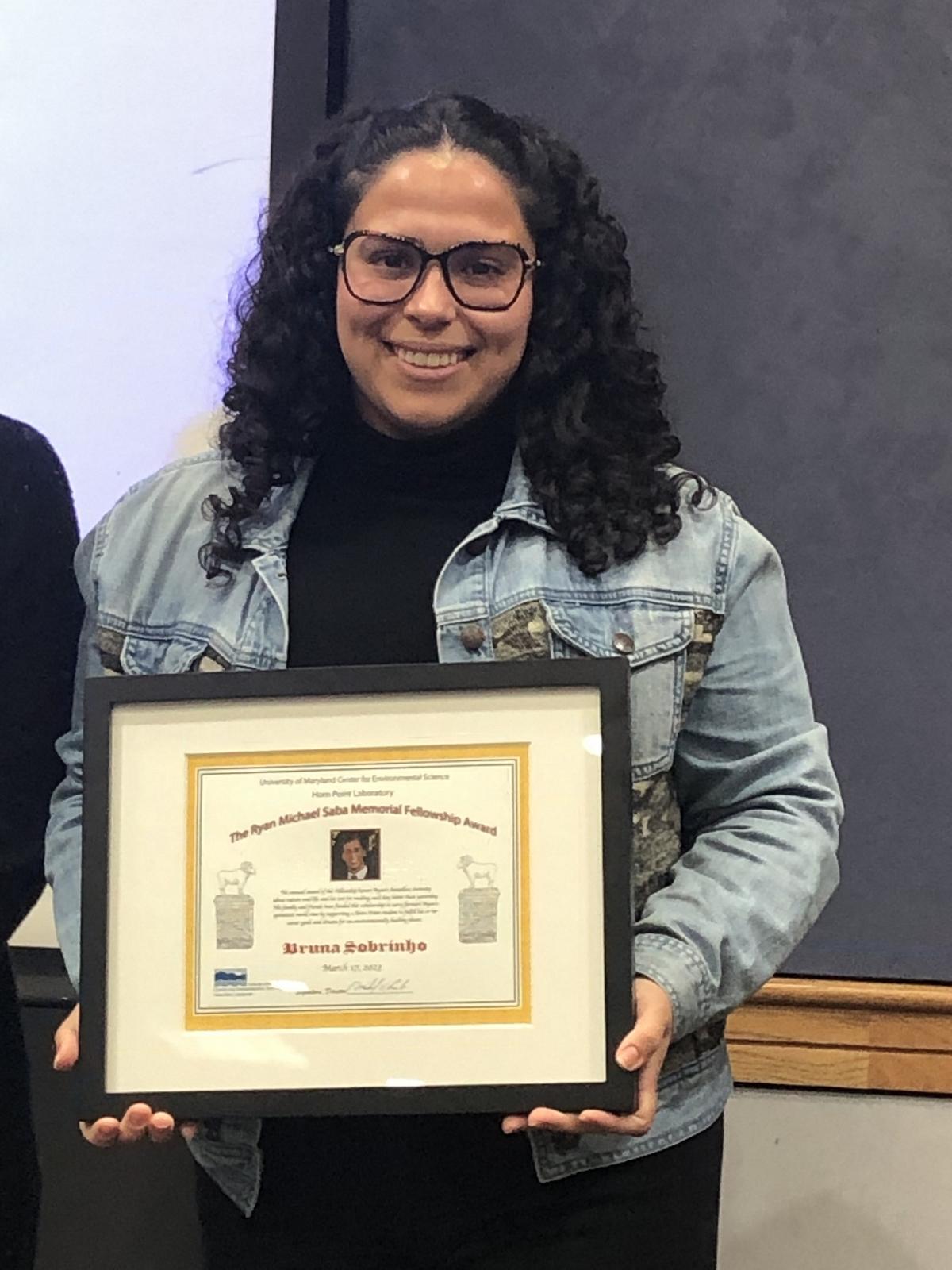

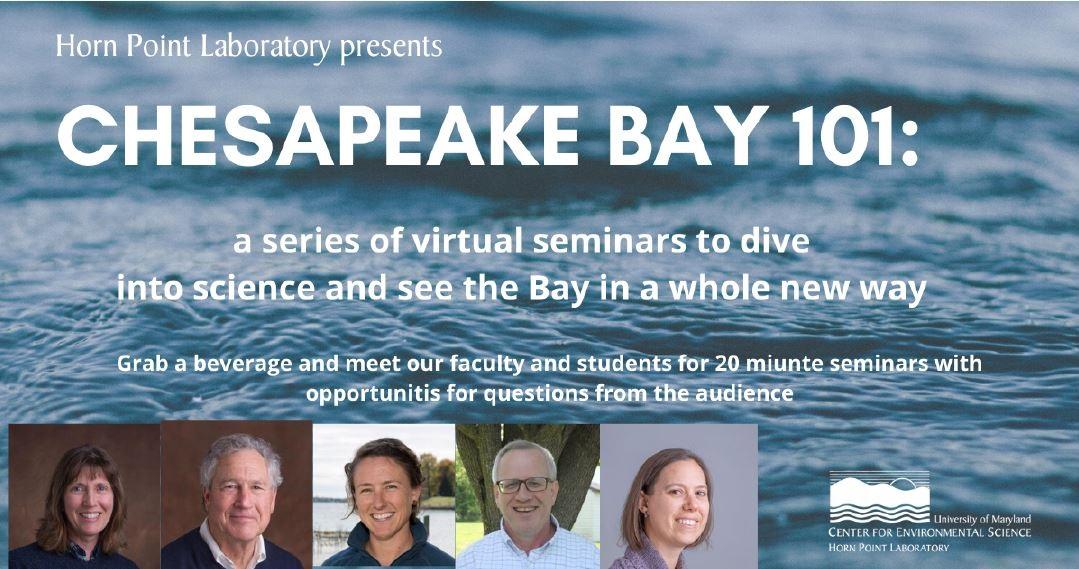 Seminars include:
Seminars include:
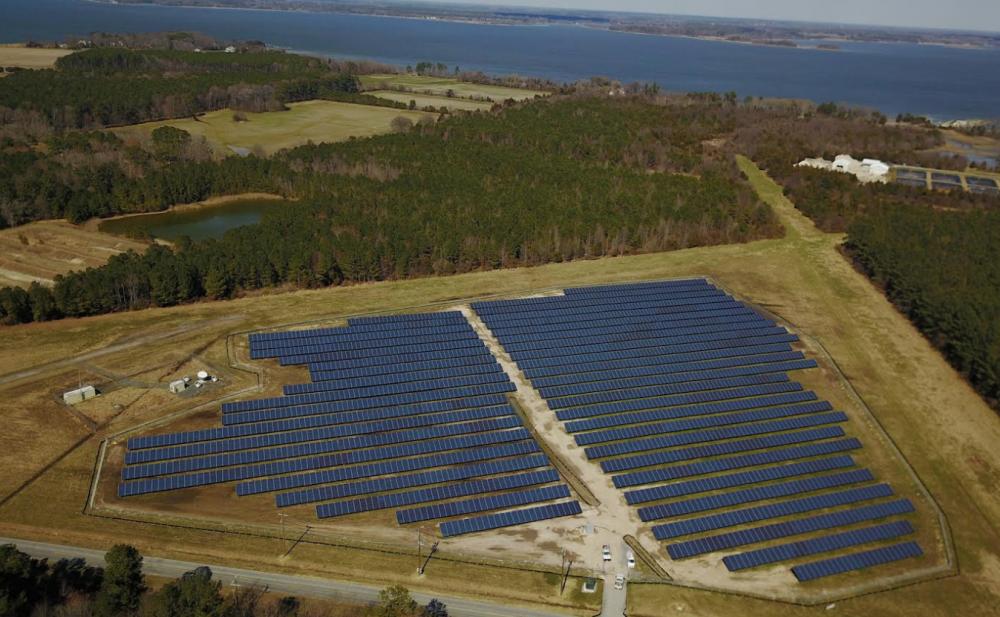 “The solar field is another example of how we are using innovative ways to reduce our environmental footprint and engage with the community,” said
“The solar field is another example of how we are using innovative ways to reduce our environmental footprint and engage with the community,” said  The campus also put the final touches on a new solar canopy over a 46-space, crushed stone parking lot that will offset the cost of four level-II electrical vehicle charging stations. This project is thanks to a grant from the
The campus also put the final touches on a new solar canopy over a 46-space, crushed stone parking lot that will offset the cost of four level-II electrical vehicle charging stations. This project is thanks to a grant from the 
